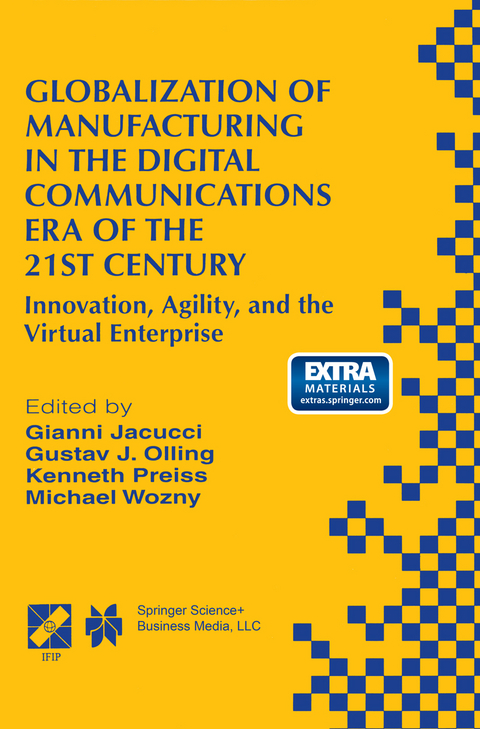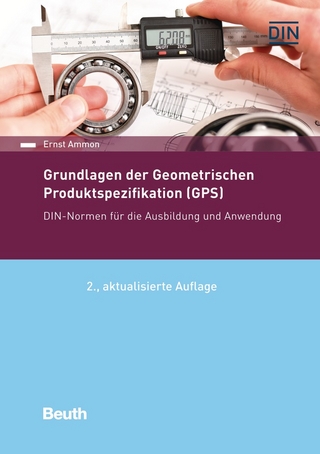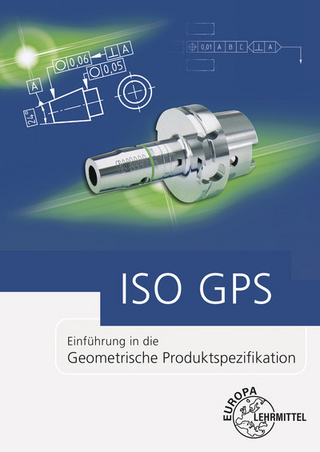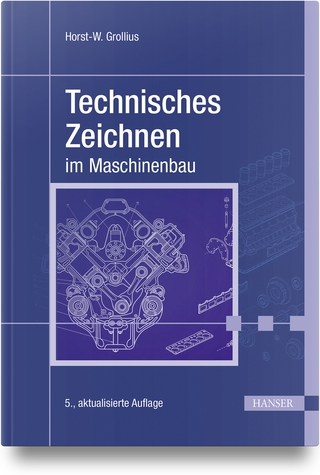
Globalization of Manufacturing in the Digital Communications Era of the 21st Century
Springer-Verlag New York Inc.
978-1-4899-0124-8 (ISBN)
Preface. Track 1: Sharing Experiences from Telecommunication Use in Industry for Agility and Innovation. Case Studies and Descriptions of Experience with Emerging Technologies. Concurrent Product Development and Enterprise Integration. Distributed Engineering Environment. Access to Engineering Data. Integration of Emerging Technologies and Tools into Existing Product Development. Track 2: Human and Machine Communication, Modelling, Standard Representations. Reuse. Data Sharing Standards and Quality Engineering. Knowledge Management for Product Design. Formal Design Theories and Methodologies in Manufacturing. Modelling and Organising Knowledge for Manufacturing. Modelling Production and Organisation. Virtual Environments for Manufacturing, Design and Training. Collaborative Product Development and Design. Track 3: Telecommunication and Agility Impact on Software Technology for Discrete Manufacturing. Virtual Prototyping Issues in Distributed Manufacturing. Rapid Prototyping and Reverse Engineering. Smart Agents Methodologies and Application in Manufacturing. Automated Machining Operations. Product/Process Modelling, Planning and Scheduling. Virtual Enterprise and Distributed Manufacturing Processes. Systems Relating to Sustainable Manufacturing and Technologies for Supporting Product Life Cycle. DSS for Design and Integrated Manufacturing.
| Reihe/Serie | IFIP International Federation for Information Processing ; 4 |
|---|---|
| Zusatzinfo | XVI, 868 p. With online files/update. |
| Verlagsort | New York |
| Sprache | englisch |
| Maße | 155 x 235 mm |
| Themenwelt | Mathematik / Informatik ► Informatik ► Netzwerke |
| Mathematik / Informatik ► Informatik ► Software Entwicklung | |
| Informatik ► Weitere Themen ► CAD-Programme | |
| Mathematik / Informatik ► Mathematik ► Finanz- / Wirtschaftsmathematik | |
| Naturwissenschaften ► Chemie ► Technische Chemie | |
| Technik ► Maschinenbau | |
| ISBN-10 | 1-4899-0124-8 / 1489901248 |
| ISBN-13 | 978-1-4899-0124-8 / 9781489901248 |
| Zustand | Neuware |
| Haben Sie eine Frage zum Produkt? |
aus dem Bereich


